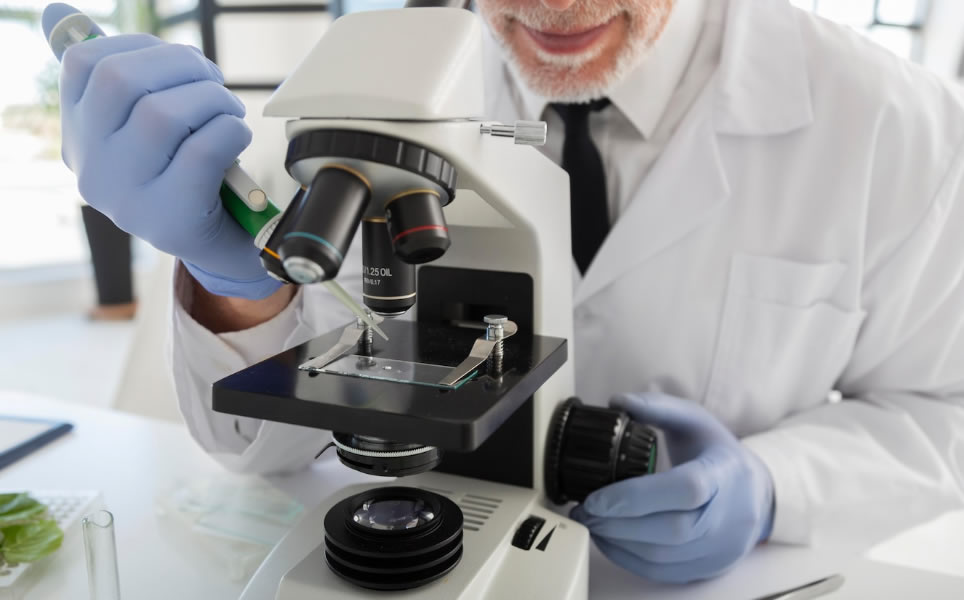[contact-form-7 id=”809″ title=”CallBack Form”]

Immortal Cloning
The cloning of humans is still considered unethical but cloning of pets is now an established industry in which several companies around the world are cloning people’s pets after they pass away or beforehand. These companies include BioVenic (https://www.biovenic.com/) in New York, Sinogene (https://www.sinogene.org/) in Beijing, China, Viagene Pets (https://viagenpets.com/) in Texas, Sooam Biotech (http://en.sooam.com/main.html) in South Korea, and others. Viagene, for example, charges $50,000 to clone a pet.
When Dr. Andrews worked at Geron Corporation, Geron owned Dolly the Sheep, the very first animal ever cloned. Michael West, the founder of Geron Corporation, president of Biotime and AgeX, as well as a member of Sierra Sciences Scientific Advisory Board, did a lot of research on cloning cattle. As a result, Dr. Andrews has had first-hand experience with the problems that can associated with animal cloning and knows how to avoid them. Not surprising to Dr. Andrews, most of the problems observed by others are associated with short telomeres.
Sierra Sciences has the technology to lengthen the telomeres in pet cells before being cloned into pets. Sierra Sciences also has the technology to engineer the cells so that they don’t experience future telomere shortening; thus, making them essentially immortal.
Sierra Sciences already routinely immortalizes cells for its research and the total cost of producing immortalized cells costs Sierra Sciences about $50,000. Combining Sierra Science’s telomere lengthening technology with pet cloning can result in cloned pets that do not age. Since telomere lengths are not expected to affect development at all, these pets should develop into normal adult size pets, but not experience any aging afterwards.
In the United States regulatory approval is required from the Center for Veterinary Medicine (CVM), a division of the FDA, before the transplantation of the engineered egg cell into the surrogate female can be performed on a commercial basis. Other countries will often have similar regulations. Sierra Sciences is seeking Entrepreneurs and Investors Entrepreneurs and Investors that can work with the CVM, or the equivalent in their own countries, to conduct the animal testing for safety and efficacy and obtain regulatory approval. In exchange Sierra Sciences will provide the Go-To-Market partner with marketing rights.
The global pet cloning market size is available at https://www.marketwatch.com/press-release/pet-cloning-market-share-2021—global-industry-research-update-future-scope-size-estimation-revenue-pricing-trends-regional-outlook-and-forecast-to-2026-2021-01-15?tesla=y. Providing the option to lengthen the telomeres before cloning or making the cloned cells immortal should increase this market.
Assembly Research required. The investment described below is designed to provide a source of immortal cells, for 6 months, to send to pre-existing cloning companies to do the cloning. After 6 months the entrepreneur or investor is expected to establish their own lab, or contract with a CRO, to create the immortalized cells and do the cloning.
Estimated Time: 6 Months
Employees:
1 Cell Biologist (Scientist) that is skilled in transduction protocols of mammalian cells
1 QA/QC Scientist
Lab Space: 400 sf ($130/sf)
Office Space: 100 sf ($130/sf)
Calculations from Worksheet
| Salaries |
$120,000 |
| Floor Space |
$32,500 |
| Operations |
$197,850 |
| Miscellaneous |
$28,300 |
| Equipment |
$66,600 |
| Labware |
$25,000 |
| Office Supplies |
$400 |
| Utilities |
$2,200 |
|
Total Research Investment |
$472,850 |
What You Need to do
What You Need to do
The Entrepreneur or Investor will be responsible for all production and marketing. Sierra Sciences is a research company and will not be involved in production and marketing.
What we Will do
What we Will do
Dr. William Andrews would be available to educate audiences on the science and business of each venture.

